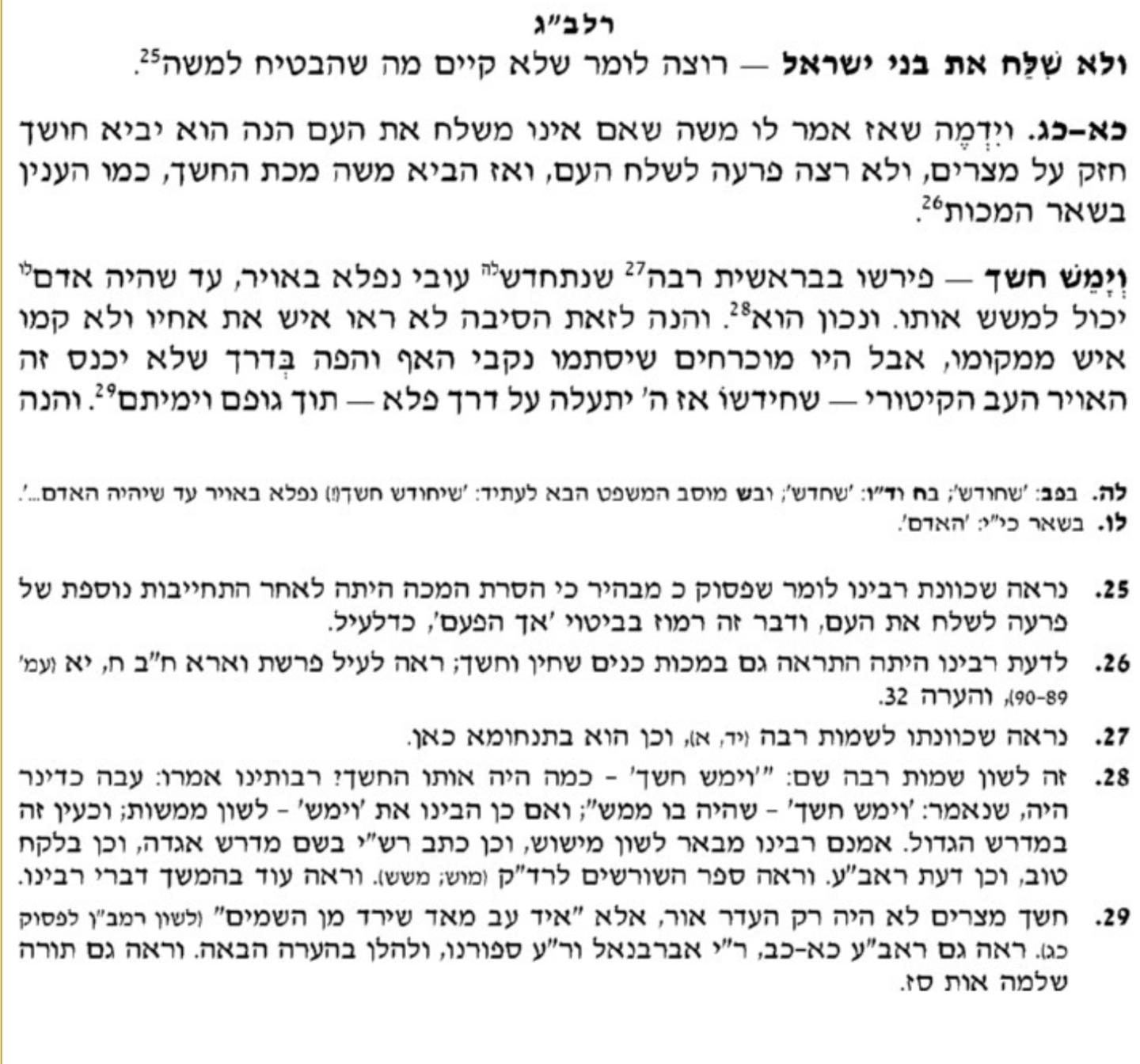As usual, the Geonim and Rishonim contain the answer.
Rashbam explains that the simple reading of the verse means that they were confined to their houses:
מתחתיו - מביתו לפי פשוטו, שלא ידעו היכן ילכו.
Ibn Ezra writes the exact same thing:
ולא קמו איש מתחתיו. מביתו. כמו שבו איש תחתיו. כי אנה ילכו בלא אור
If I understand correctly, this is the understanding of Rav Saadya Gaon as well.
That being the case, the entire question is obviated.
Interestingly, some Rishonim agree with the Midrashic interpretation of מתחתיו, as meaning sitting, rather than to the pashtanic view of it meaning confinement to a house, but nevertheless understand that it doesn't means sitting for three days straight, but rather, spending three days mostly sitting to avoid injuring themselves, however they were not paralyzed.
This is stated explicitly by the Midrash Sekhel Tov:
ולא קמו איש מתחתיו שלשת ימים. שאם היה מצרי עומד ממקומו להלך היה נופל וניזוק
Similarly, Ramban writes that they would have lit candles, were the fog not so thick as to extinguish them. Evidently, he too understands that they weren't paralyzed.
כלומר איד עב מאד שירד מן השמים...והיתה מכבה כל נר, כאשר בכל החפירות העמוקות ובכל מקומות החשך העצום לא יתקיים הנר, וכן העוברים בהרי חשך לא יעמד להם שם הנר ולא האש כלל...ואלמלא כן היו משתמשין בנרות
In summary, to answer The verse (Shmot 10:23) clearly states that nobody got up for 3 days., that is true. But if you mean the darkness was so thick that they couldn't move, that is not "clearly true" and is in fact rejected by Rassag, Rashbam, Ibn Ezra, Ramban, Midrash Sekhel Tov, and others (such as HaKtav V'HaKabbalah).
Accordingly, there is no reason to imagine that they would have had any difficulty breathing.
See also https://judaism.stackexchange.com/a/71244/8775.

